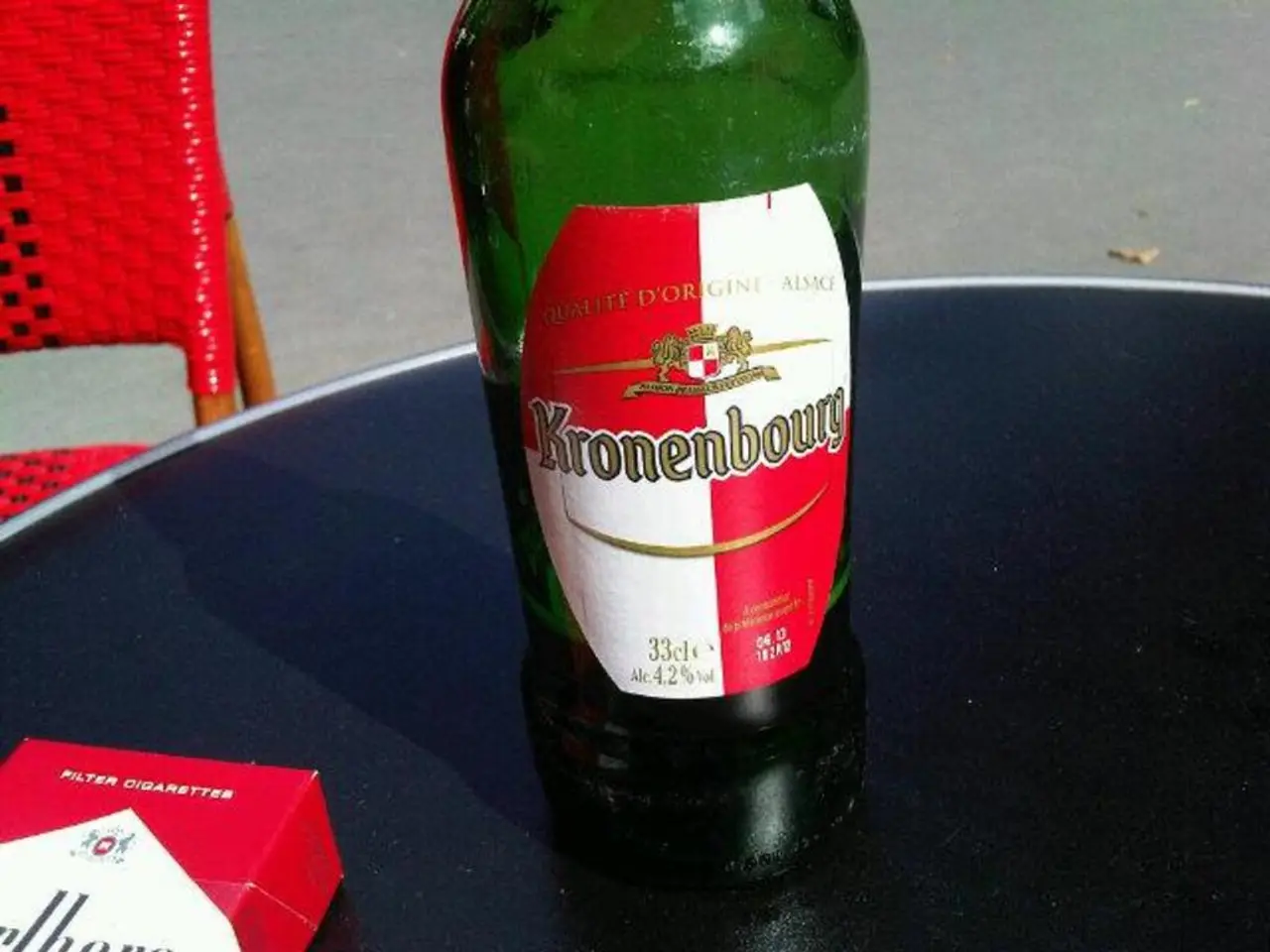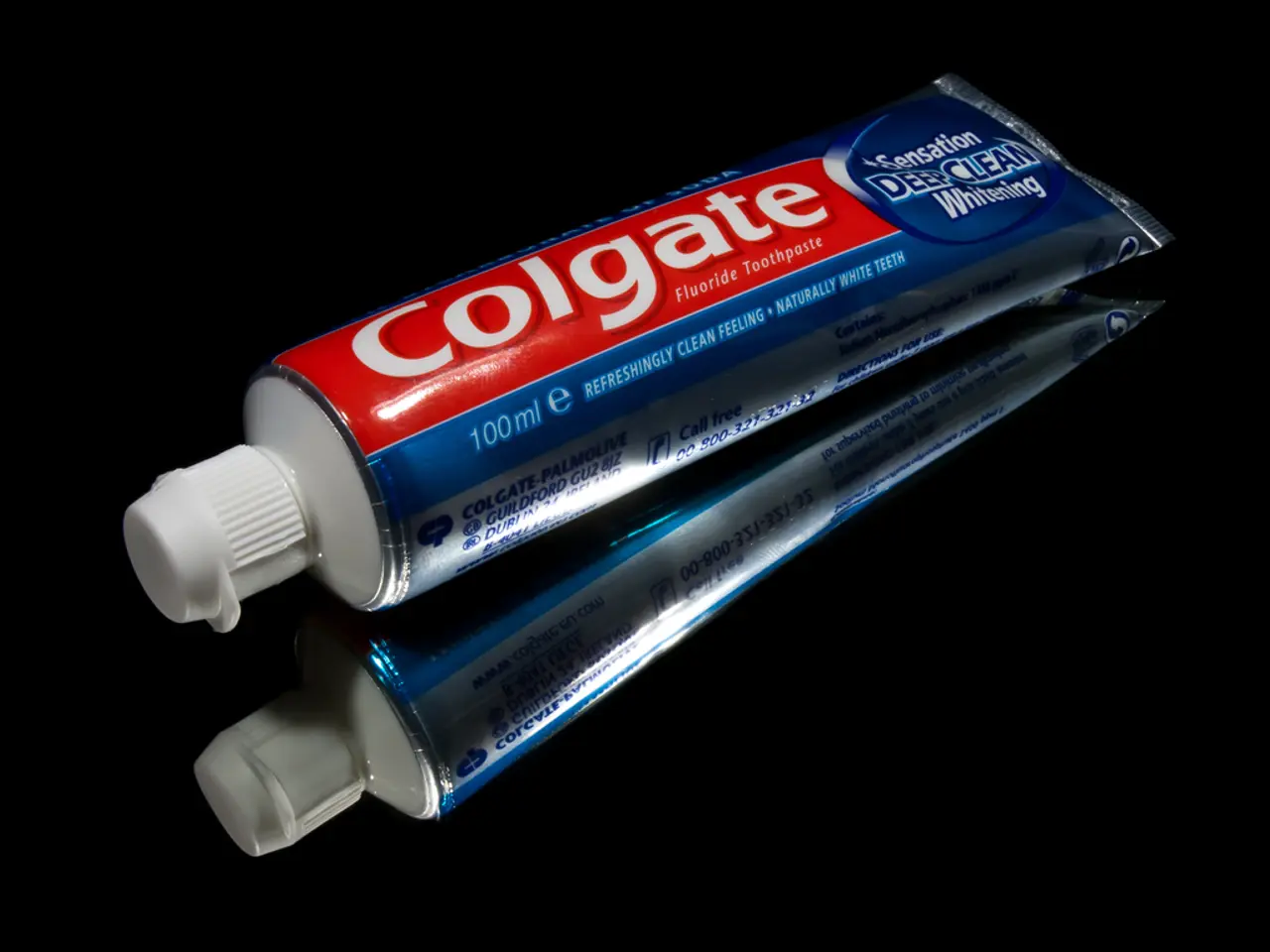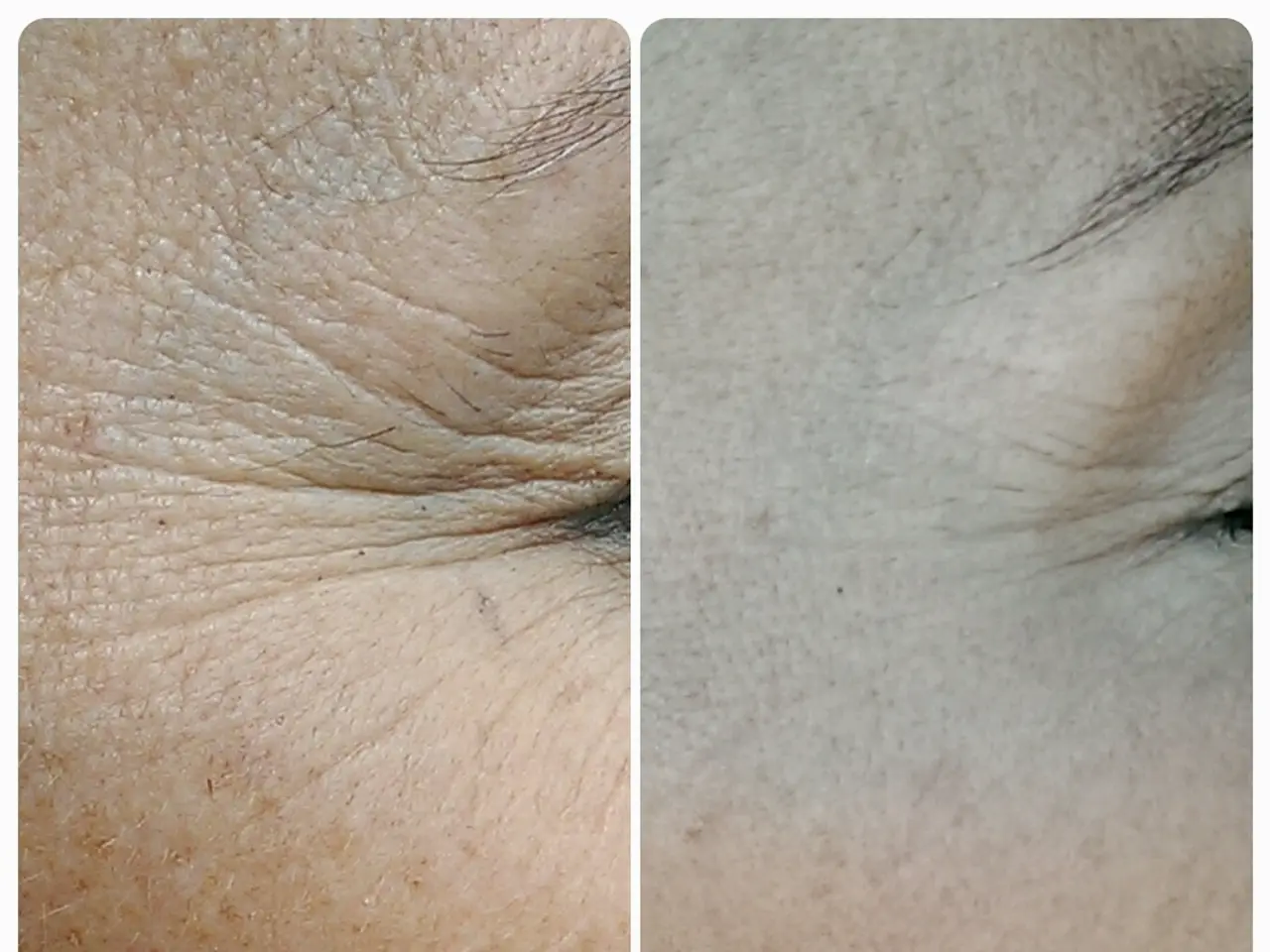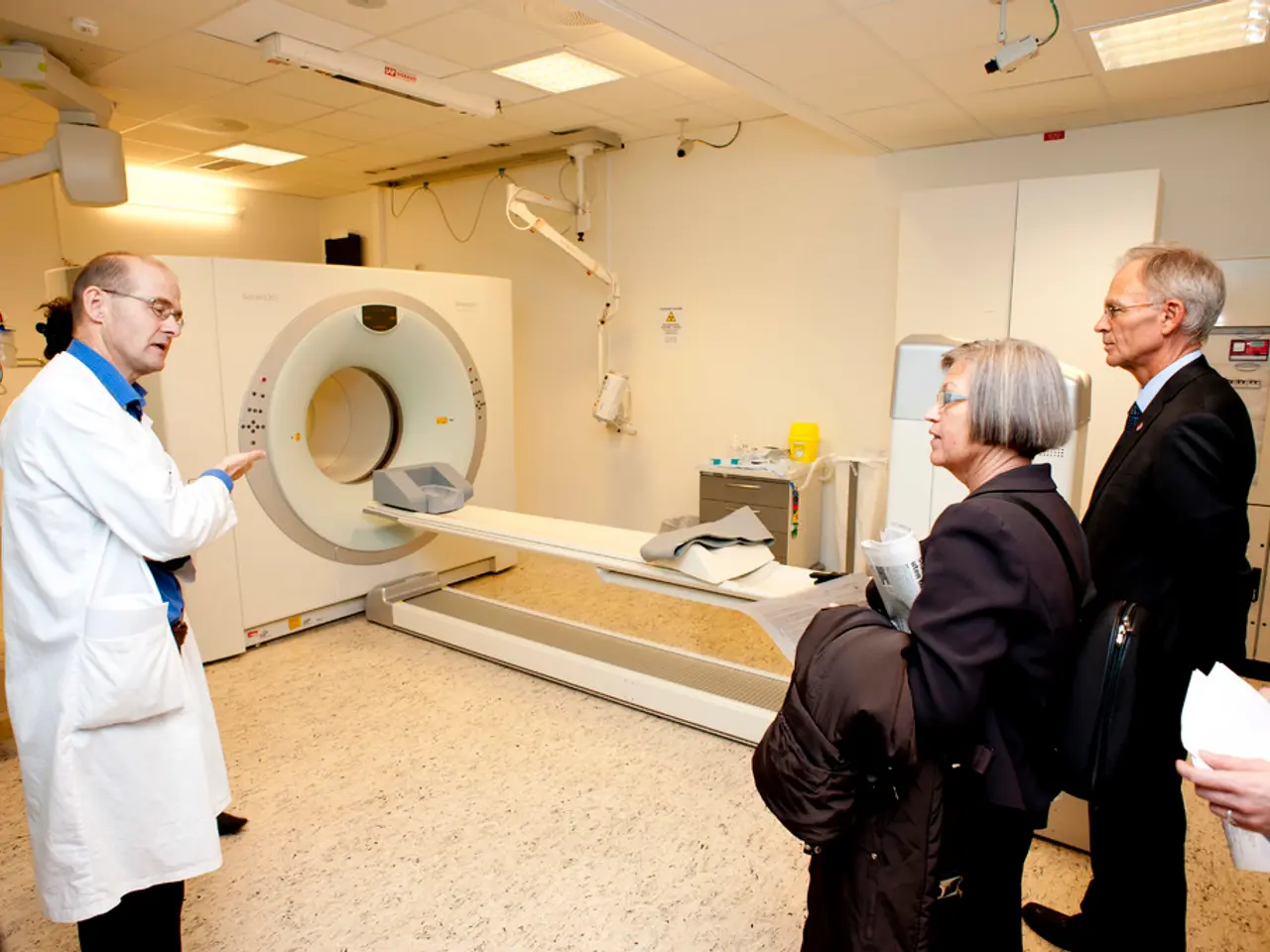The Science Behind Alcohol-Induced Headaches: An Unexpected Explanation for Hangovers
Alcohol consumption, while often associated with social gatherings and relaxation, can lead to a series of unpleasant effects the following morning – commonly known as hangovers. But what exactly causes these symptoms, and are there effective ways to prevent or alleviate them?
Recent research suggests that several strategies can help reduce the severity and duration of hangovers. These approaches focus on hydration, nutrition, liver support, and stress regulation.
Firstly, hydration is key. Drinking plenty of fluids, especially those containing electrolytes, before, during, and after drinking helps maintain fluid balance and reduce the symptoms of dehydration, a major contributor to hangovers[1][2].
Secondly, supplementing with N-Acetyl Cysteine (NAC) before drinking can help decrease hangover intensity. NAC supports the liver's production of glutathione, an antioxidant that detoxifies alcohol's harmful byproducts[1].
Replenishing B vitamins and Vitamin C is also crucial, as alcohol rapidly depletes these essential nutrients. Taking these vitamins before drinking can help mitigate hangover severity[1].
Eating a balanced meal beforehand is another effective strategy. Consuming carbs, proteins, and healthy fats slows alcohol absorption and protects the gut lining, reducing the impact and improving recovery[1][2][3].
Practicing mindful drinking habits also plays a significant role. Limiting intake, alternating alcoholic beverages with water, setting consumption goals, and choosing quality over quantity all help prevent excessive intoxication and severe hangovers[2].
Managing stress and inflammation with adaptogens like ashwagandha can also aid in hangover recovery, as these substances can regulate cortisol (the stress hormone) and help with nervous system recovery[1].
Optimizing sleep is another important factor. Alcohol disrupts sleep architecture, so improving sleep environment and habits can help with hangover recovery[2][3].
Other strategies, such as probiotics, have some support for gut health but do not prevent hangovers directly or alcohol flush reactions[3]. Caffeine's effects are unclear and might even worsen ethanol metabolism, so it's not reliably recommended as a hangover cure[4].
In summary, prevention focusing on hydration with electrolytes, NAC supplementation, vitamin replenishment, good nutrition, stress regulation, and mindful drinking is best supported by current science to reduce hangover severity and duration beyond just taking pain relief medications[1][2][3].
However, it's important to note that some individuals may be sensitive to sulfites or histamines found in certain wines with lower sulfite content. A light diet helps ease liver strain, and rehydrating with herbal teas can aid recovery, although they won't perform miracles on headaches.
Above all else, avoid treating symptoms using more liquor, as it only worsens matters. These medications carry hepatotoxic risks, so avoid using them to further harm your liver.
The market offers numerous "anti-hangover" remedies like vitamins and probiotics, but none of these have been scientifically proven effective beyond paracetamol or ibuprofen for pain relief.
Alcohol quickly passes from the stomach to the intestines and into the bloodstream upon ingestion, making it crucial to consider these strategies before, during, and after drinking to minimize the impact of hangovers.
[1] Soyka, M., & Malloy, P. F. (2015). The Pathophysiology of Alcohol Hangover. Alcohol Research: Current Reviews, 37(3), 288–295. https://doi.org/10.1093/arcr/37.3.288
[2] Ferguson, L. R., & Sutanto, Y. (2013). Nutritional Interventions for Alcohol Use Disorders. Alcohol Research: Current Reviews, 35(4), 358–364. https://doi.org/10.1093/arcr/35.4.358
[3] Hussain, S., & Gil, R. (2016). Alcohol Hangover: Mechanisms and Prevention. Journal of Clinical Psychopharmacology, 36(3), 287–294. https://doi.org/10.1097/JCP.0000000000000504
[4] Kowalchuk, G. P., & Kowalchuk, G. P. (2015). Alcohol Hangover: A Review of the Current Evidence. Substance Abuse, 36(3), 189–197. https://doi.org/10.1080/08897077.2014.981400
- Scientific studies have found that practicing good sleep habits and optimizing sleep environment can aid in hangover recovery, as alcohol disrupts sleep architecture.
- Besides pain relief medications like paracetamol or ibuprofen, science has not yet proven any anti-hangover remedies in the market, such as vitamins and probiotics, to be effective.
- Managing mental health and stress, using adaptogens like ashwagandha, which regulate cortisol (the stress hormone), can contribute to a more successful recovery from hangovers.




